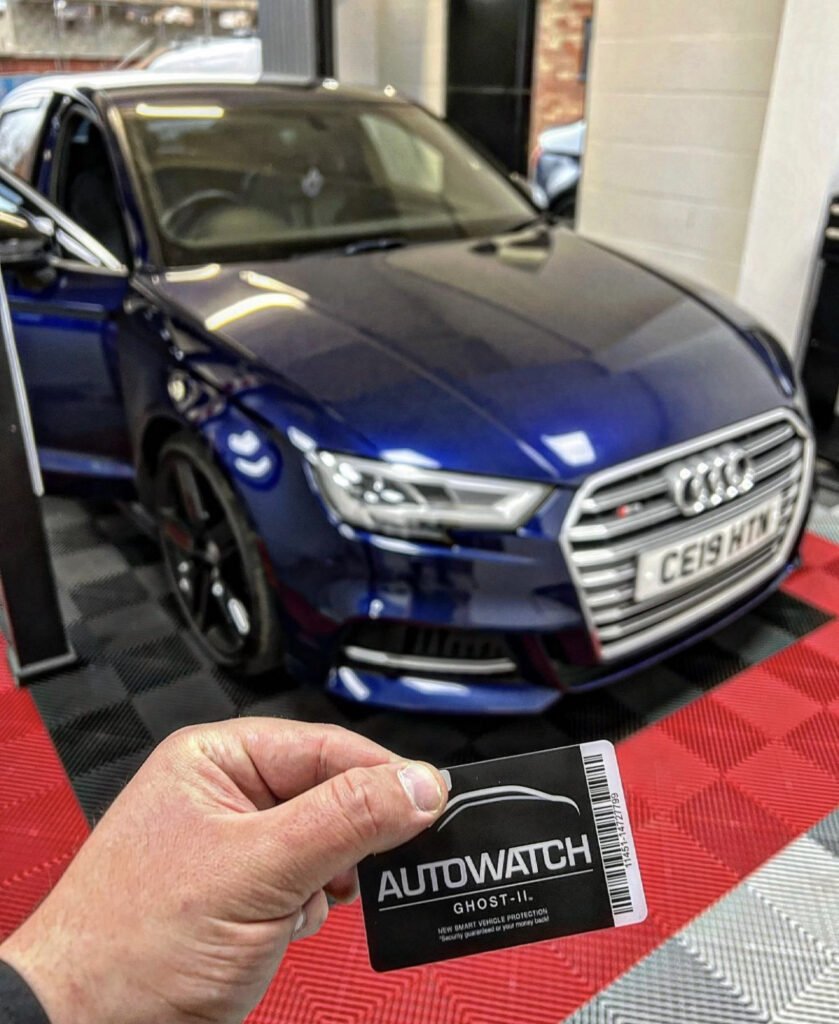Finding a Diagnostics Facility Near Me
If your vehicle isn't running well, it's the right time to get it checked. Diagnostic tests for drivability can detect issues with your brakes, engine, suspension, or transmission. mobile car diagnostic near me can tell you if your vehicle needs an oil change or transmission repair. Diagnostics can also help you identify the issue with your car's exhaust.
The check engine light is the first step in a diagnostics test
Check engine light that comes on are a sign your car is in need of a diagnostic test. The check engine light could be a sign of a variety of issues that could cause your car's to act up. Sometimes the issue is as simple a loose cap on the fuel. Other times , it could be an indication of an electrical or transmission issue. If you notice the light coming on for a long period of time, you should take your vehicle to a mechanic to have it diagnosed.
The check engine light is the car's way of communicating with its owner. It's a red engine icon which illuminates when the computer detects the presence of a problem. In some instances the issue is so simple that it can be fixed quickly and quickly.
The check engine warning light can be one of the most frustrating symptoms that cars can encounter. It can be scary not knowing what it means. It could be a sign of a variety of things. A loose gas cap, or a malfunctioning oxygen sensor can cause the light to disappear. This problem can be easily solved by using the appropriate tools.
A diagnostics test for your car can determine the parts that require attention. These tests can also assist in determining the extent of work that has to be done. In many instances these tests will show whether the fuel injector coolant, air flow ignition coils, throttle, or the fuel injection system has failed. Diagnostics tests are similar to medical exams however mechanics employ computer diagnostics in order to diagnose your car.
Check engine light is a "catch-all" warning
The Check Engine light is an indicator of any of the car's problems. It can be triggered by many reasons, from a loose gas cap to a damaged transmission. Many people who get this warning will not know what to do until they bring their car to a certified mechanic who will conduct computer diagnostic tests to determine the root of the problem.
There are two reasons for the Check Engine Light to flash. One is a specific issue with the engine and the other is a catch-all. A OBD II scan is the first step to determine what's the cause of your Check Engine light. There are many shops that can conduct these scans at a low fee, or you can purchase a scanner yourself. While codes aren't able to help you pinpoint the issue but they can provide a clue.
You may be thinking about what is the reason your check engine light comes on even after you've driven your car for a while. This isn't a problem that should be ignored. It could cause your car to suffer from poor performance and low fuel economy. Additionally, you could release more pollutants into the atmosphere. You could also cause more damage if you don't pay attention to the check engine warning light.
A check engine light that flashes indicates that the issue is urgent. If your car's check engine light is flashing the check engine light, it's time to bring it to an auto mechanic. This will help you identify the issue as fast as is possible.
Car diagnostics can reveal problems with exhaust, transmission, oil tank
Car diagnostics are a great way of identifying problems before they become serious. Modern cars come with an engine control unit (ECU), which monitors the vehicle's performance. When there is a problem the ECU will illuminate on the dashboard. The ECU will issue an error code if there is an problem is identified.
With these diagnostics, a mechanic can identify issues with various elements of a vehicle. These diagnostic tests are done using specialist software and vehicle diagnostic tools to identify problems in any vehicle system. They can pinpoint the cause of the issue, and tell you the issue and whether it needs to be fixed or replaced.

Car diagnostics can reveal problems with various components like the transmission, oil tank, or exhaust. If a problem is discovered the diagnostics of a car can help the mechanic fix the issue swiftly. It also helps prevent larger issues from arising, which will cost more money to fix.
Car diagnostics are the best method of determining if your car is experiencing a problem and what the root cause is. A mechanic can correct small issues before it becomes a major problem. The cost of car diagnostics will be based on the make and model of your vehicle and any possible problems. A basic test could cost up to $40, and a more thorough analysis can cost several hundred dollars.
Locate a car diagnostics facility
If your car begins to exhibit signs of trouble It's time to bring it in for diagnostics. Modern vehicles have computer systems that monitor the condition of the engine and automatically adjust ignition and air/fuel ratios. The dashboard may show warning lights or even an error code. It is imperative to locate a local car diagnostics facility that can quickly perform these tests.
Locating a car diagnostics center close to your home can help avoid costly repairs. Some auto repair shops employ these diagnostics in order to raise their prices. Before making a decision be sure to look up reviews on your local car diagnostic service. Some companies also offer financing options to make car diagnostics affordable. Before you spend much money be sure to hire an experienced technician.
It is important to have your vehicle tested for issues prior to they happen. While some issues that trigger the check engine lights may be minor (e.g. a faulty gas cap), others can be more serious and may require costly repairs. Locating a diagnostics center for cars near me will help you delay waiting until the problem gets worse.
A complete car diagnostic test is an excellent method to identify a problem within your car . It can be completed in just minutes. These tests make use of computers to connect to sensors and microchips within the car. This can help you spot issues and weaknesses in other systems. This can also provide an exhaustive evaluation of your vehicle. Technicians will scan your computer of your car for any diagnostic trouble codes. They will also verify whether there are any service notifications from the manufacturer.
Diagnostic tests cost money.
The cost of a diagnostics exam can vary widely between locations. Diagnostic tests can cost up to $100 in certain locations and others are free. It is all dependent on the diagnostic test you need and whether it will require replacing a component or a complete diagnosis.
The cost of COVID-19 diagnostic tests can range between $100 and $200 and can include lab work, sample collection, and visit to the doctor. These costs can run into hundreds of dollars, so it is important to find an establishment that will accept insurance. However, there are many medical centers in many states which offer these tests for free and you can find them by searching online.
Diagnostic tests can be a great way to find out if your car is having problems. The cost of a diagnostic test depends on whether your car has a problem with the engine, or an exhaust system problem. A general diagnosis should cost between $88-$111 but could go up to $400. It's important to understand what you're getting before making a decision.
In modern vehicles, the on-board computer, which controls the automatic transmission and ignition system, gathers data from dozens of sensors. The computer calibrates these signals to ensure maximum performance. If there are any issues the computer will flash an engine check light. After the car has been diagnosed as having problems, a technician can determine the root of the issue and estimate the cost of auto repair.
